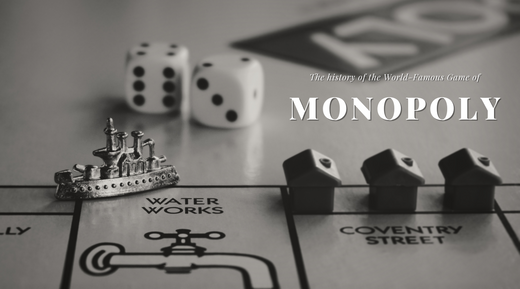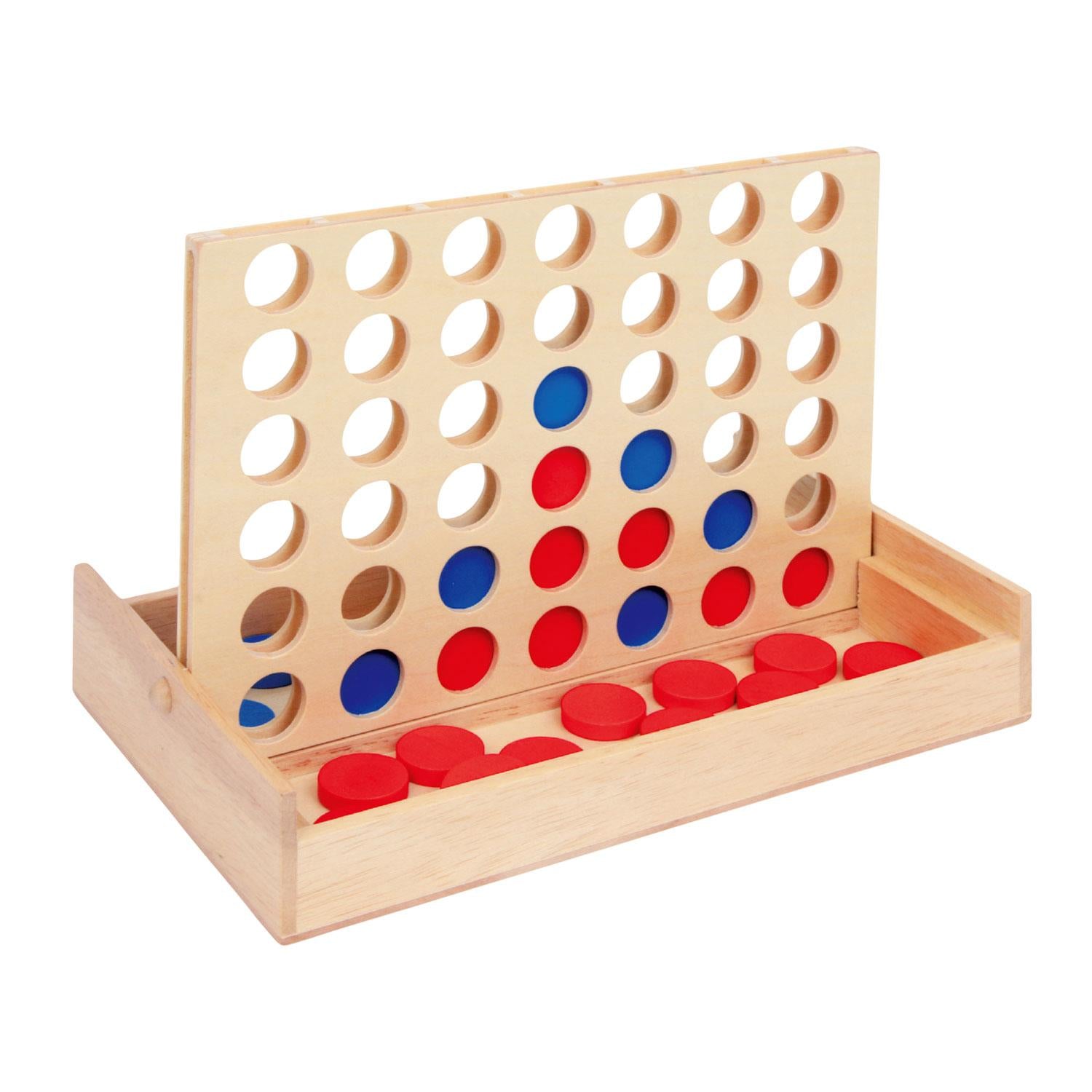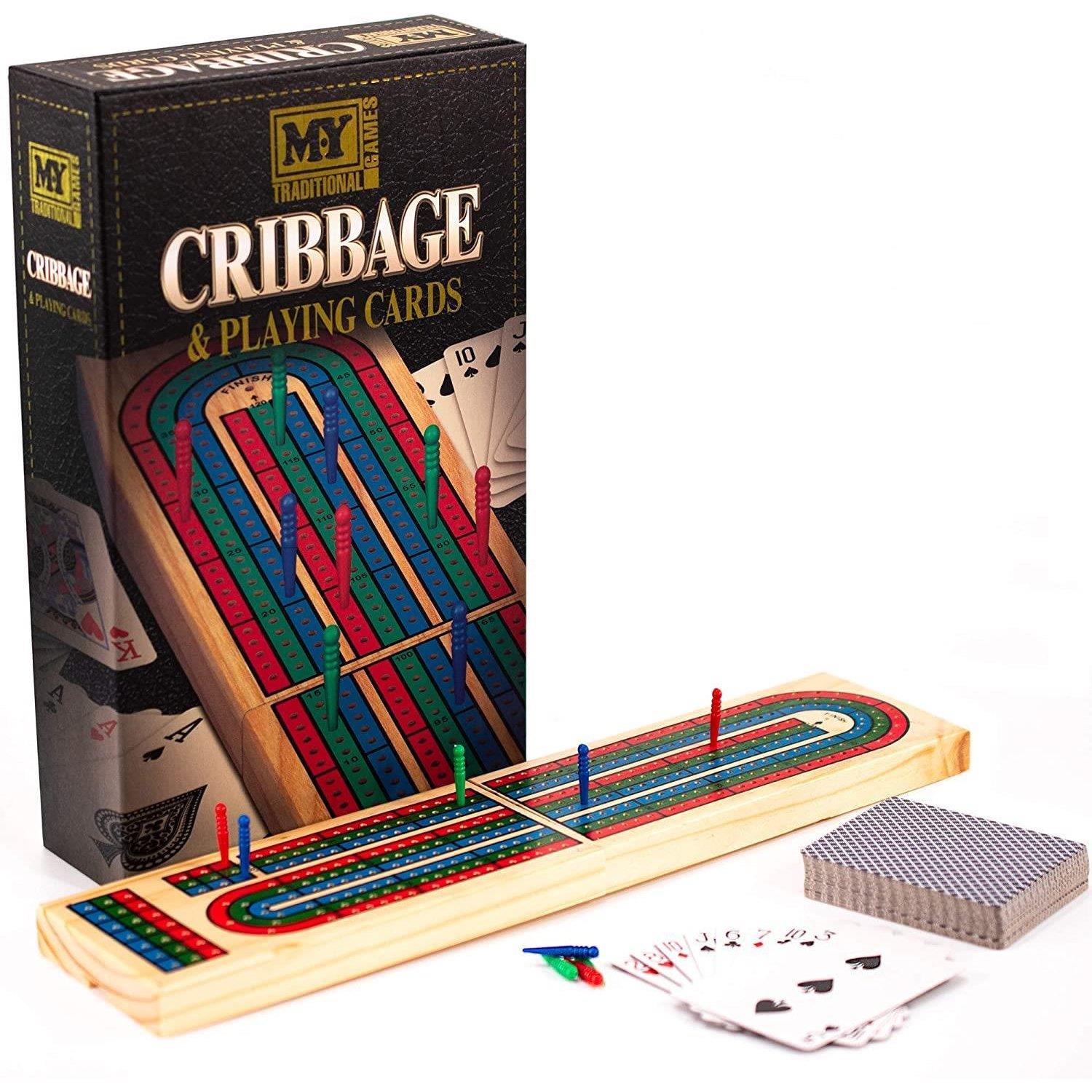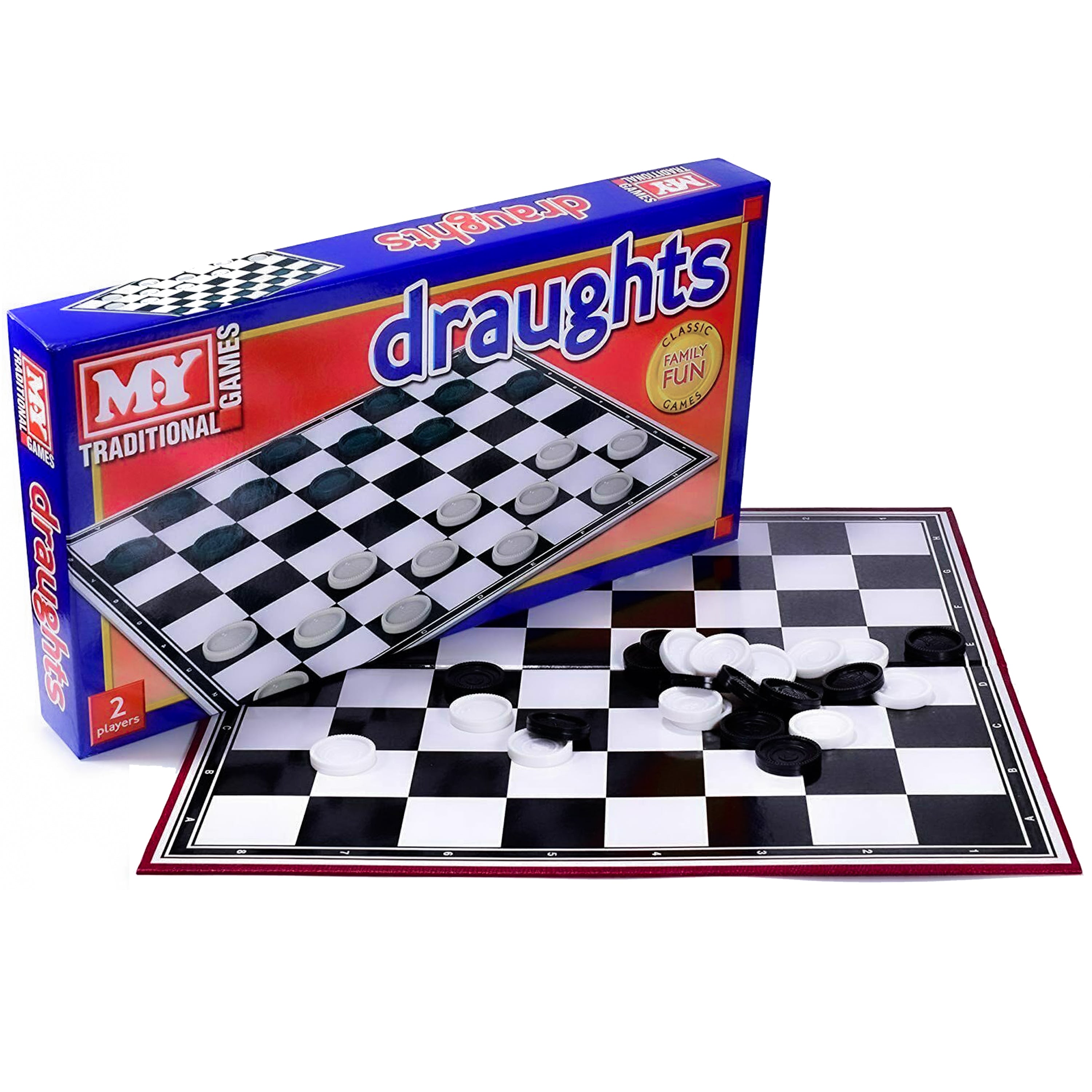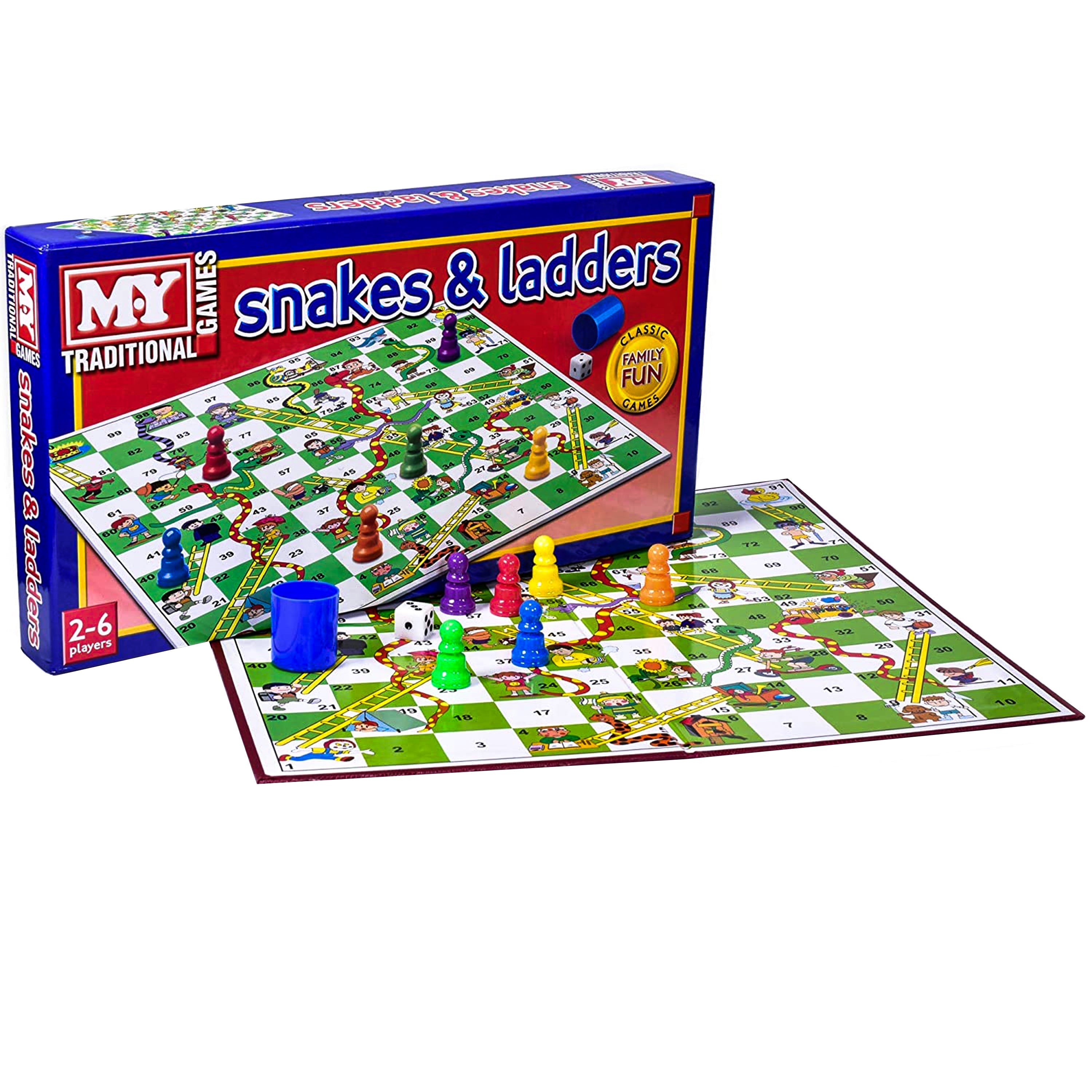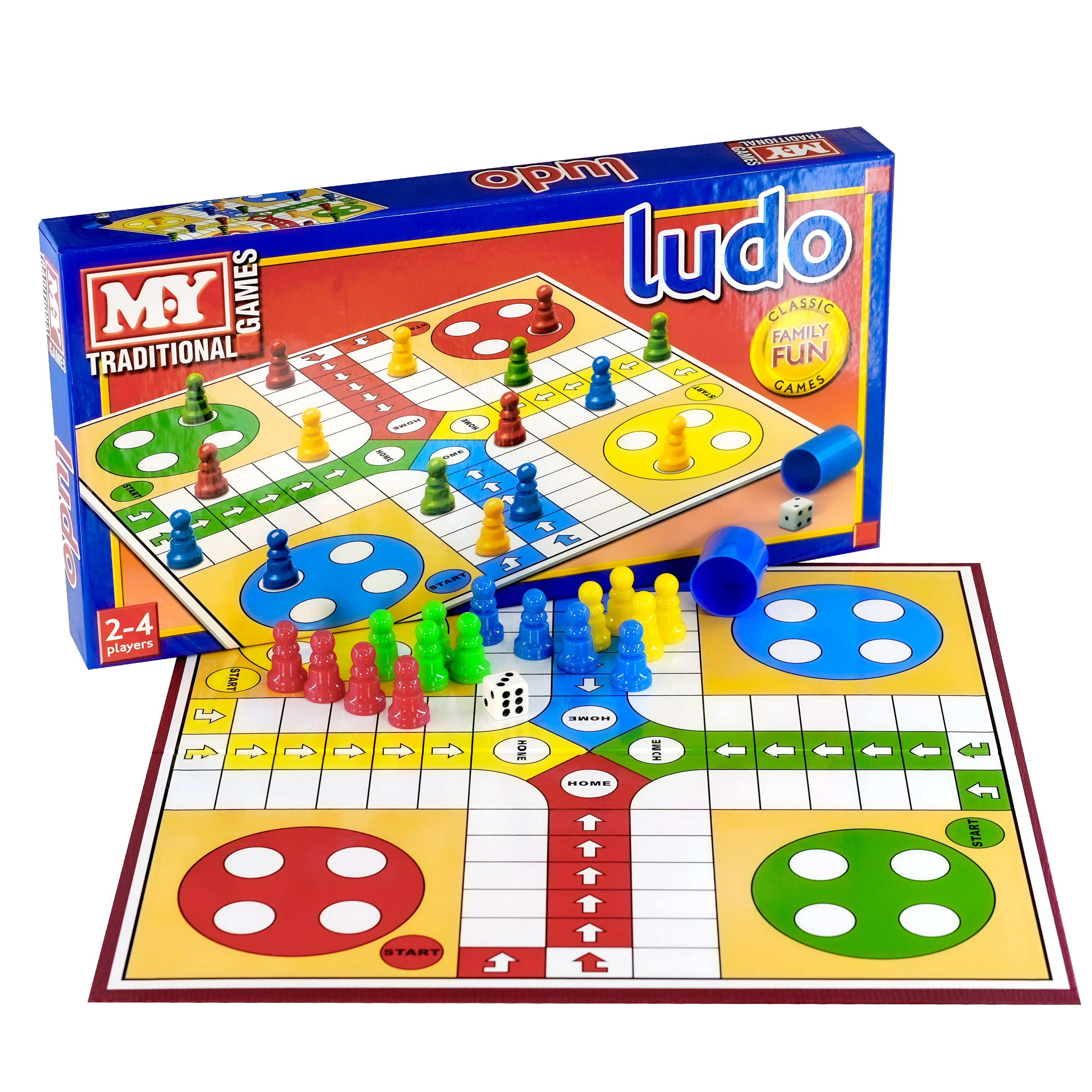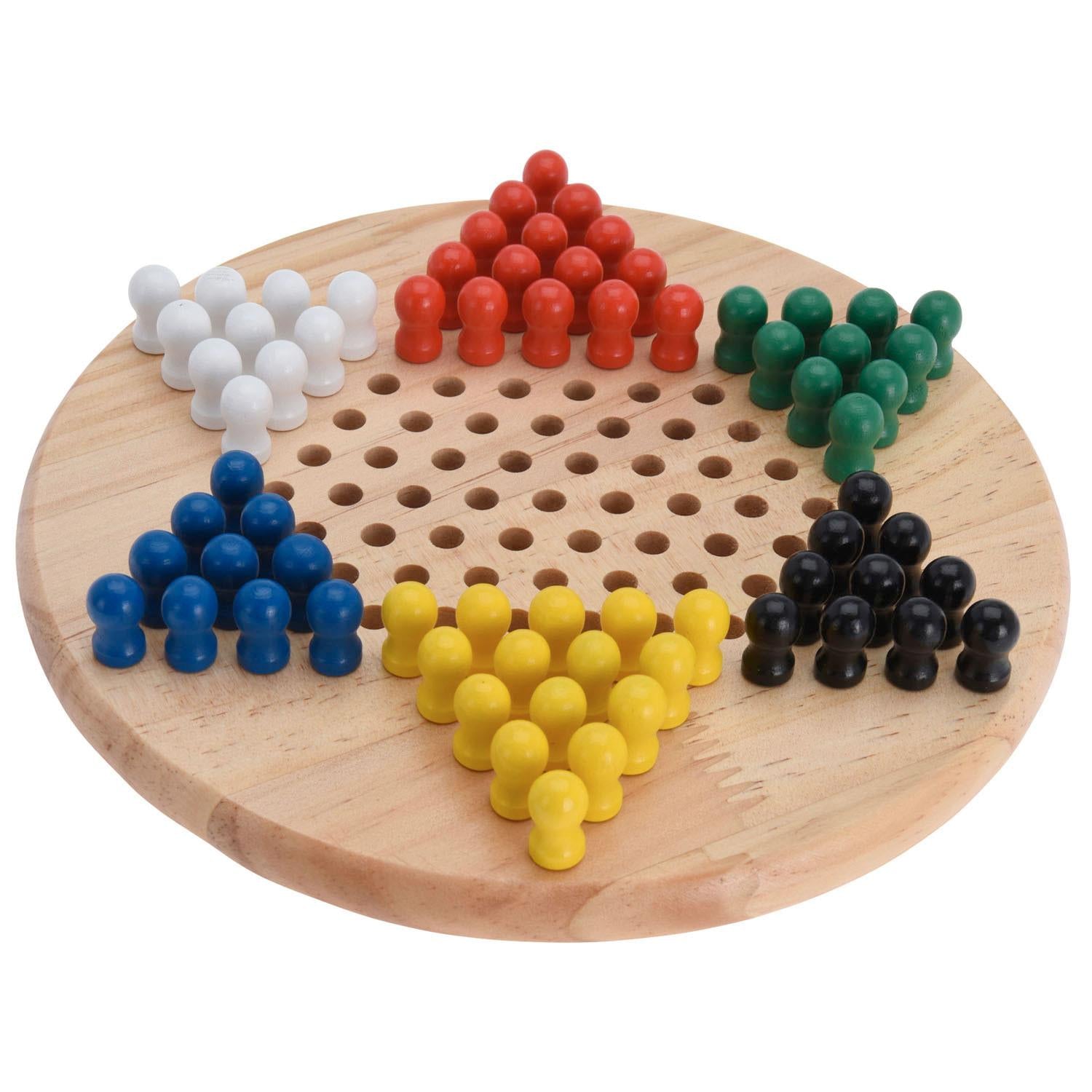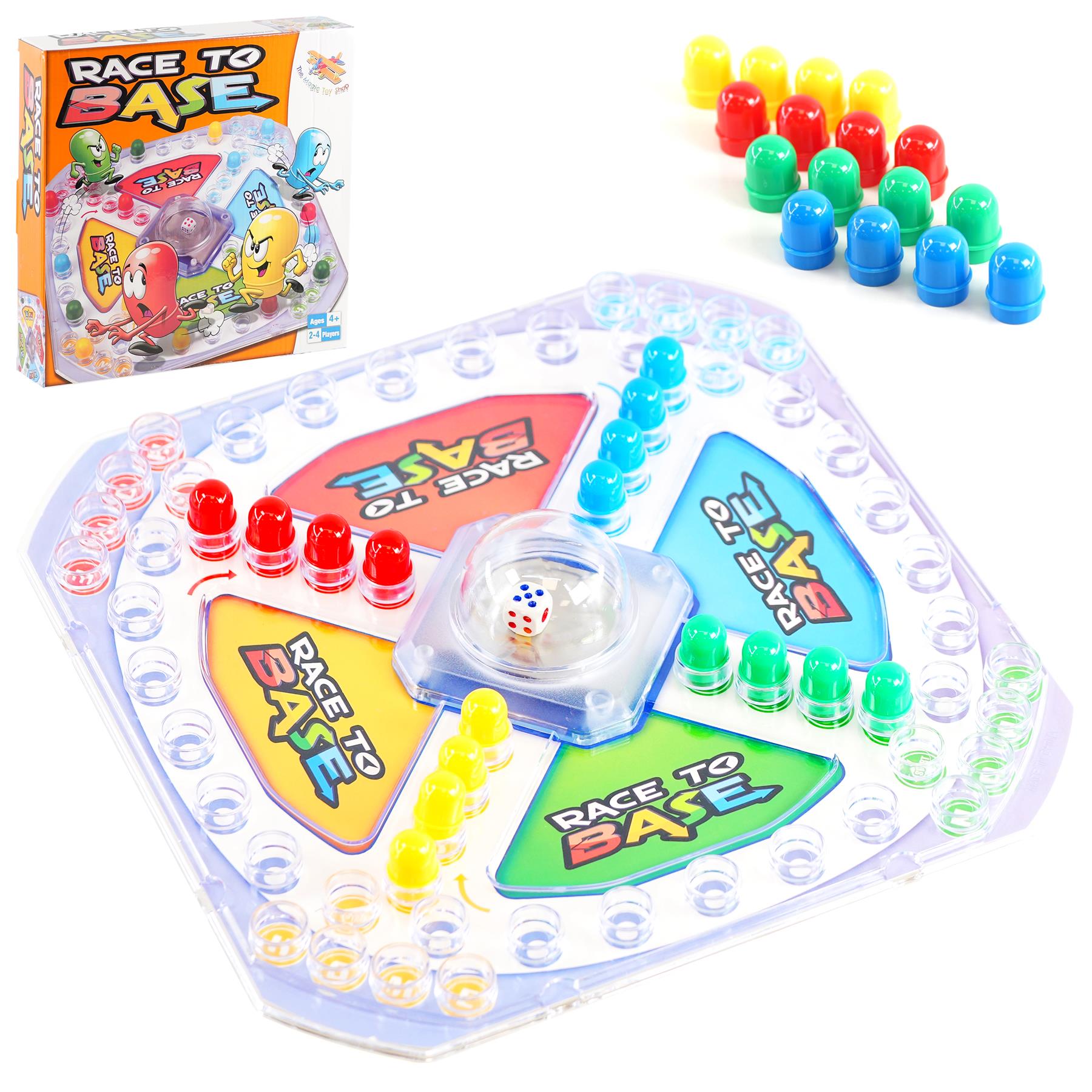Loved by people of all ages – board games are entertaining and educating. What can be more heart-warming and connecting than getting along together with your friends and family, sharing pizza, and playing some board games on a long evening?
To be fair, there are so many benefits of board games playing. You make your brain work harder, develop strategic thinking, enhance your creativity and learn how to set goals, and be patient. Along with entertaining, playing games reduces stress and makes you more relaxed and happier. This can be proven by the use of biological science – as playing board games triggers the release of endorphins, so-called “Happy hormones”.
Board games have been there always. With the oldest playable board game found in south Iraq, originating around 4600 years ago in ancient Mesopotamia. The rules of The Royal Game of Ur, which is what the game was called, were written by a Babylonian astronomer in 177BC. The main point of the game – two players compete to race their pieces from one end of the board to the other. Even though the game was first excavated in a royal cemetery, it was very popular at all levels of society.

The Royal Game of Ur
One of the most famous board games of all time is Monopoly. It is a multi-player economics-themed game, at the very beginning called “The Landlords Game”. It was invented as an educational game in 1903 by American anti-monopolist Lizzie Magie as she hoped to explain the single-tax theory through playing and provide more insight into the concept of capitalism. Although the game was published in 1906, an American salesman Charles Darrow, after playing a couple of times, decided to distribute this game, under the world-famous name “Monopoly”.
Monopoly is a game that requires strategic thinking, negotiation skills, and financial management skills. The players roll two dice to move the tokens around the board, buying and trading properties and “building” houses and hotels. They also collect rent from the opponents aiming to drive them into bankruptcy. Monopoly is a significant part of international culture, being licensed in over 103 countries and printed in more than 37 languages. By 2015 the game was cold with 275 million copies worldwide.
Throughout all this time, Monopoly has been slightly changing, but there’s a story that had made it something more than just a board game.

World War II. 1941. The British Secret Intelligence Service comes up with the idea of rescuing British soldiers captured by Nazis with the help of Monopoly. Wait, what?
Yes, during the British Darkest hours, Waddington, Ltd. – the UK manufacturer of Monopoly along with MI9, the British Secret Service, start the creation of an exclusive edition of the game. During the war, a lot of airmen were captured over enemy airspace and held as prisoners. Due to Genève Convention, humanitarian groups of volunteers were allowed to distribute care packages to those prisoners. And different games were also among the categories, permitted in care packages. Occupied prisoners were less problematic for Germans.
The Allies, posing themselves as charities, sent disguised packages with escape kits to POWs. On the outside – a normal Monopoly game, on the inside – compasses and files, that looked like playing parts. The money, real German, Italian, and Austrian bank notes, were hidden below the Monopoly money. The maps were concealed within the board. The maps were printed on silk, so they wouldn't rustle when opened.
Nobody knows, how many people were rescued by this desperate method, but British historians estimate that these Monopoly boards helped thousands of captured soldiers escape from prison camps.
Now, this exciting game is well-known all over the world and is played every day along with other games. So, get closer to your friends and family and play some board games on a long winter evening. But before that, check the special selection of board games here.


